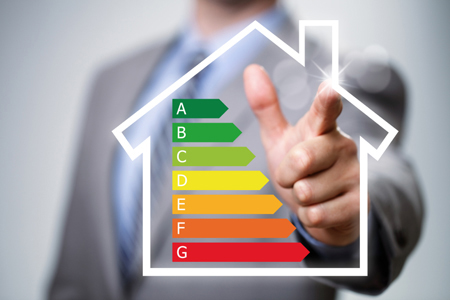(BPT)—If you’re planning to make home improvements this year, you’re likely considering energy-efficient upgrades. Many of these improvements not only help lower your energy bills, but also can be paid off immediately in the form of incentives, rebates and tax credits.
A number of improvements qualify for incentives, rebates and tax credits. Those that typically earn you cash back include:
- Energy-Efficient Doors/Windows
- Home Wind Turbines
- Solar Panels
- Solar-Powered Appliances/Blinds
- Tankless Water Heater
- Wood/Wood Pellet Stoves
Although many tax credits for energy-efficient improvements expired at the end of 2016, some are still available. The federal government offers a tax credit of up to 30 percent for home solar energy systems through Dec. 31, 2019, with no upper limit on the credit, for example, according to EnergyStar.gov. Talk to your tax preparer about any credits or deductions you may be eligible for.
In addition to federal programs, several states offer their own incentives to encourage homeowners to make energy-efficient improvements. For example, Alabama allows homeowners to deduct 100 percent of the purchase price and installation costs of a wood-burning heating system. In Minnesota, homeowners can borrow up to $20,000 at 4.99 percent interest to make energy-efficient improvements. Search the Database of State Incentives for Renewables & Efficiency at www.dsireusa.org for incentives in your state.
Manufacturers of energy-efficient products also often offer their own rebates to homeowners. Be sure to ask the installer or retailer about any available manufacturer’s rebates. Many utility companies, in addition, offer programs to help homeowners reduce energy consumption. Typical programs include free CFL or LED light bulbs to replace incandescent bulbs, and discounts or rebates for installing energy-efficient HVAC equipment or programmable thermostats. Contact your local utility provider or visit their website for more information.
Energy-efficient home improvements generally pay off in the long term—but with incentives, rebates and tax credits, they can pay you in the short-term, as well.











